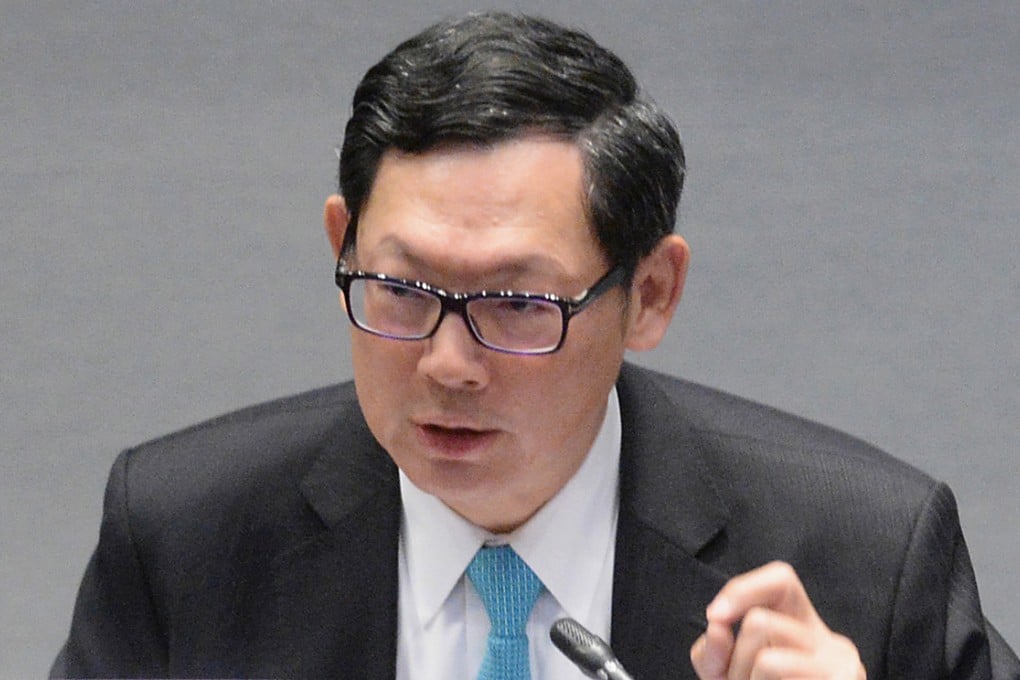Opinion | Cost of keeping the dollar peg goes beyond defence
Philip Bowring says giving control of Exchange Fund assets to their owners, the citizens of Hong Kong, would be better than leaving the money at the disposal of local bureaucrats

According to evidence in the ongoing trial of Rafael Hui Si-yan and executives of Sun Hung Kai Properties, the Kwok brothers had once considered hiring Norman Chan Tak-lam but thought the cost not worthwhile. Sun Hung Kai's consequent gain has been Hong Kong's loss as bureaucrat Chan went in quick leaps from a stint at Standard Chartered Bank to Donald Tsang Yam-kuen's office manager to head of the Hong Kong Monetary Authority, replacing its long-time incumbent, the arrogant but very competent Joseph Yam Chi-kwong.
Perhaps the appointment of Chan should have been no surprise, given his close relationship with Tsang and Tsang's affinity with Standard Chartered, where Tsang's sister Katherine Tsang King-suen rocketed from a human resources role to heading the bank's Greater China operations.
But if Chan actually believes his own public statement, Hong Kong is in for a rough passage the next time its value vis-à-vis the US dollar or the Chinese yuan becomes an issue in the marketplace - and it surely will.
Chan recently claimed that all of the government's net assets in the Exchange Fund were needed to defend the dollar peg. That is a ridiculous statement on several counts.
Firstly, it ignores the basic principle by which a peg of this sort is supposed to operate if under strong downward pressure - the contraction of base money and the consequent rise in interest rates to the point where outflows cease.
Reserves can help smooth that process but committing all reserves to defence of a peg is sheer lunacy, particularly given that banking assets are 12 times those of the reserves.
